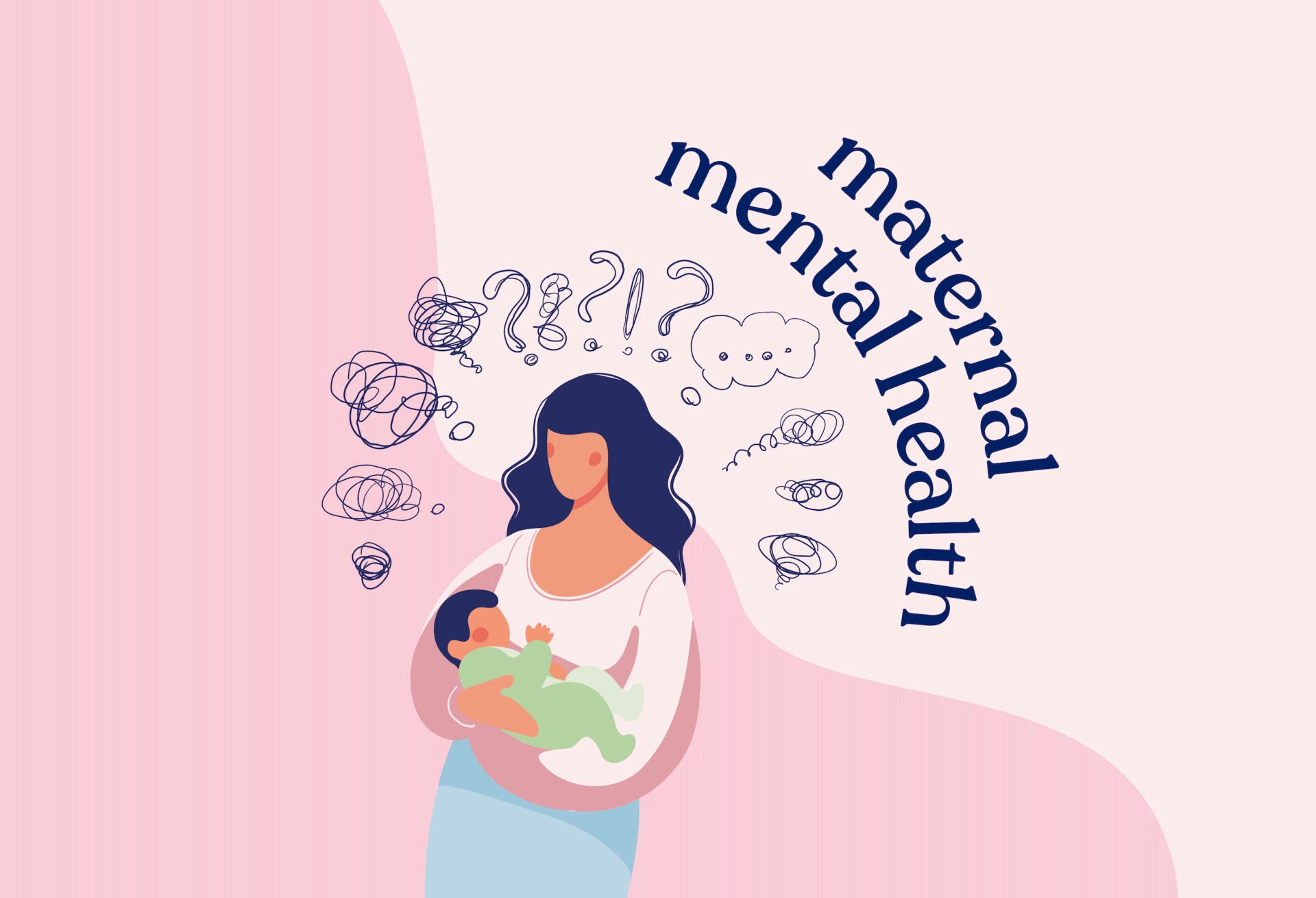References
- https://www.rcog.org.uk/for-the-public/rcog-engagement-listening-to-patients/maternal-mental-health-womens-voices
- Goodman, J. H., & Watson, G. R. (2019). Anxiety disorders in postpartum women: a systematic review and meta-analysis. Journal of Affective Disorders, 253, 69-84
- Miller, E. S., Chu, C., Gollan, J., & Gossett, D. R. (2013). Obsessions and compulsions in postpartum women without obsessive-compulsive disorder. Journal of Women's Health, 22(10), 825-830
- VanderKruik, R., Barreix, M., Chou, D., Allen, T., Say, L., & Cohen, L. S. (2017). The global prevalence of postpartum psychosis: a systematic review. BMC Psychiatry, 17(1), 272.
- (NICU) (Ayers, S., Bond, R., Bertullies, S., & Wijma, K. (2016). The aetiology of post-traumatic stress following childbirth: a meta-analysis and theoretical framework. Psychological Medicine, 46(6), 1121-1134.
- Beck, C. T., Driscoll, J., & Watson, S. (2013). Traumatic childbirth. Routledge
- Meltzer-Brody, S., & Jones, I. (2015). Optimizing the treatment of mood disorders in the perinatal period. Dialogues in Clinical Neuroscience, 17(2), 207-218.
- Sharma, V., & Burt, V. K. (2017). Bipolar and related disorders in the postpartum period. In Psychiatric Disorders during the Postpartum Period in Light of Current Advances (pp. 121-146).

